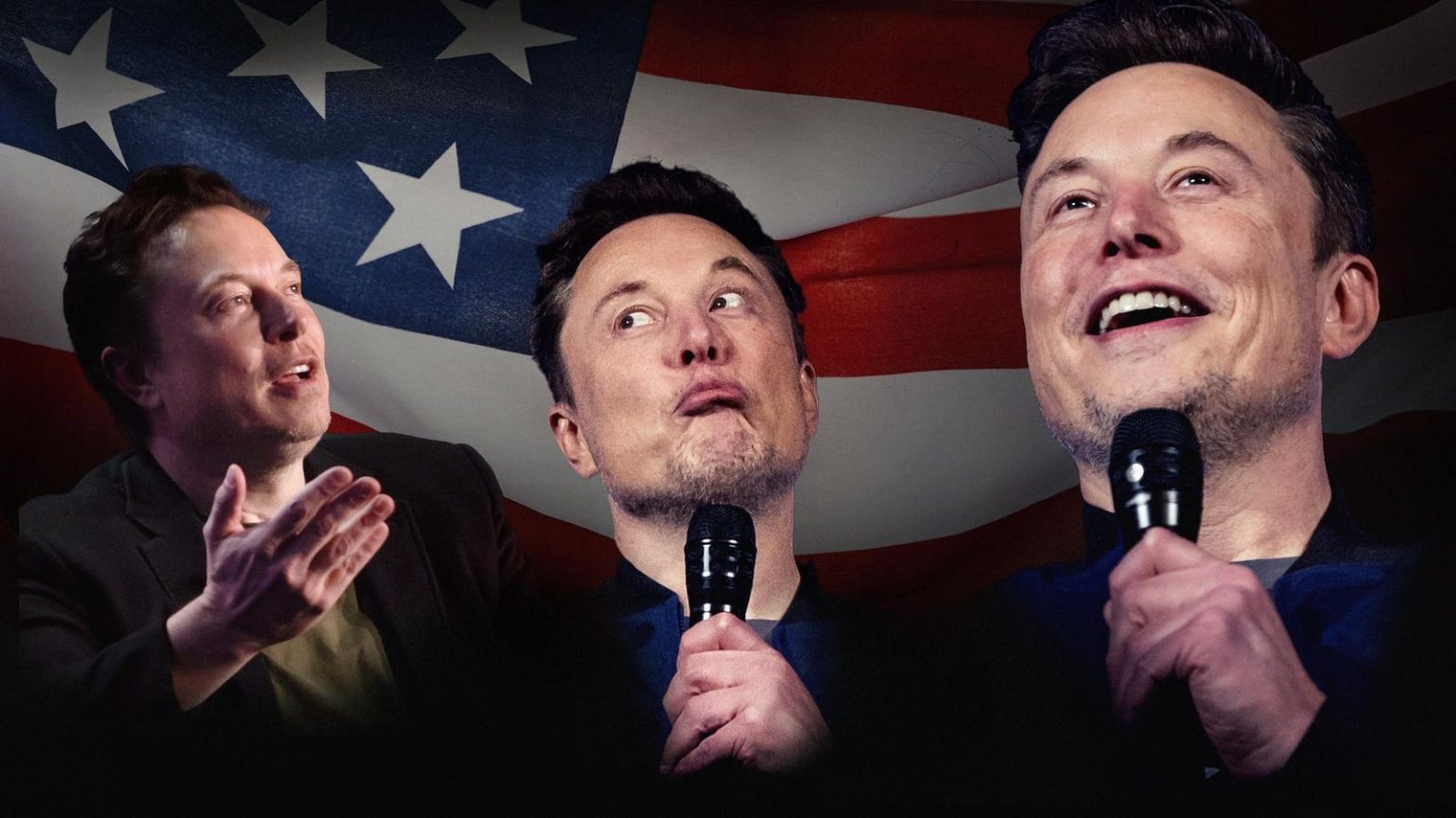Elon Musk: The Richest and Most Powerful CEO of Our Time
As of November 2024, Elon Musk has reclaimed his spot as the richest person in the world, with a staggering net worth of $334 billion according to Forbes’ 400 list. At 53 years old and residing in Austin, Texas, Musk has built his fortune primarily through his ownership stakes in electric vehicle giant Tesla and aerospace manufacturer SpaceX. His rise to the top is not just characterized by financial success but also significant influence, particularly in the political and tech realms. Once a Democrat, Musk has embraced a noteworthy role as an ally to former President Donald Trump, actively supporting his recent election campaign and becoming a co-chair of an advisory group focused on reducing government inefficiencies.
Musk’s financial security largely stems from his extensive business dealings with the U.S. government. SpaceX has secured nearly $20 billion in federal contracts since 2008, while Tesla’s autonomous vehicle features have sparked scrutiny from regulatory bodies like the National Highway Traffic Safety Administration. Musk’s connection with the government has resulted in both commendations and controversies; this duality can be seen in the way investor confidence in his companies soared following Trump’s electoral victory, which, in turn, contributed to his net worth skyrocketing by $70 billion in a matter of weeks.
Despite his incredible wealth, Musk faces challenges related to ownership and legal entanglements. He retains around 12% of Tesla’s shares, even as a Delaware judge recently voided an arrangement allowing him to acquire options representing an additional 9%. Musk’s dealings with the Securities and Exchange Commission—particularly surrounding accusations of securities fraud in 2018—cast a long shadow over his career. The SEC’s scrutiny, which included a settlement and ongoing requirements for his tweets to be pre-approved, showcases the intricate relationship between his personal and corporate interests in light of his wealth.
Delving deeper into his business ventures reveals the range of Musk’s interests. He currently holds an estimated 42% stake in SpaceX, which is poised for another round of funding that could value the company at over $250 billion. His artificial intelligence startup, xAI, founded in 2023, is experiencing impressive growth, having raised $5 billion and rapidly escalating its valuation. Meanwhile, SpaceX continues its ambitious projects, including plans for global satellite internet coverage through Starlink, despite regulatory setbacks that questions its viability as a public service. Musk’s varied investments, such as his stakes in Neuralink and The Boring Company, reflect his relentless drive to innovate in numerous fields.
Philanthropy remains a mixed element of Musk’s profile, with an estimated lifetime donation of $406 million, significantly less than 1% of his current wealth. His notable philanthropic efforts include giving a substantial portion of Tesla shares to the Musk Foundation, though critics often point out that his charitable contributions are dwarfed by his vast fortune. Musk has consistently maintained a public demeanor that intertwines with his business persona, with some seeing his philanthropy as a strategic component of his overall brand narrative.
Elon Musk’s narrative continues to evolve, intertwining immense wealth, influence in political spheres, and controversial corporate practices. His emerging authority, especially after his proactive endorsement of Trump and involvement in the Department of Government Efficiency, places him in a unique position in American business and politics. With millions watching, both skeptics and supporters are eager to see if Musk can navigate these ambitious plans while managing the myriad challenges that come with his unprecedented prominence and wealth. As the world watches, the implications of his actions let us question the nature of wealth, power, and responsibility in the contemporary landscape.


